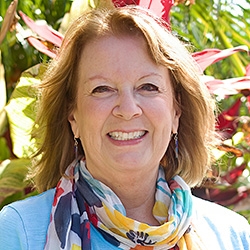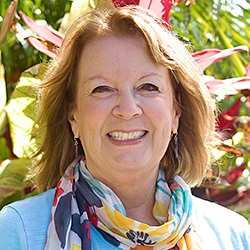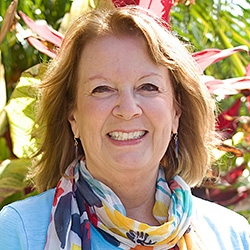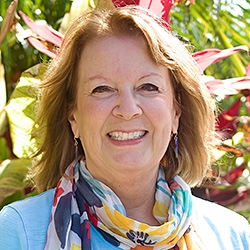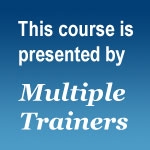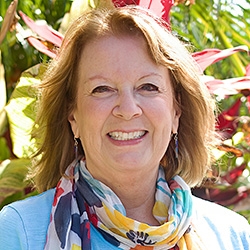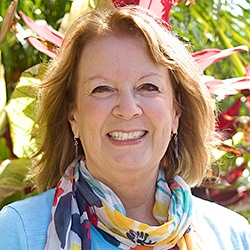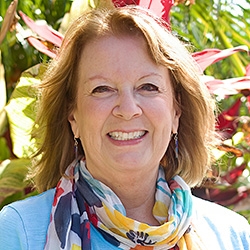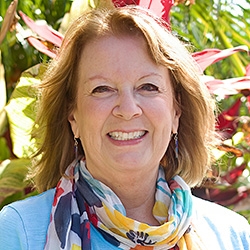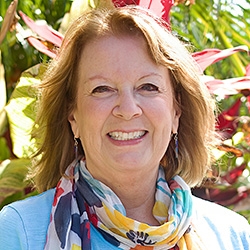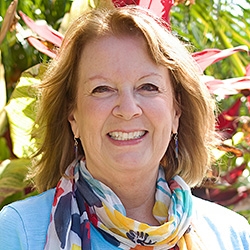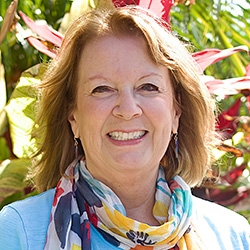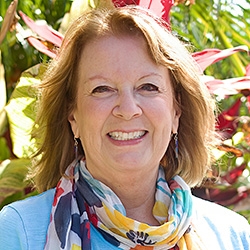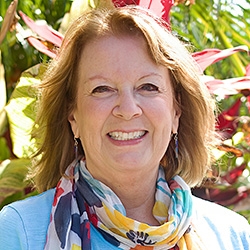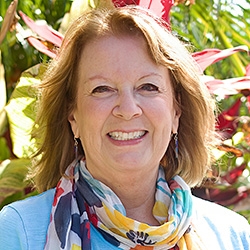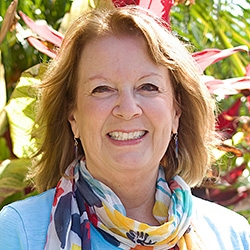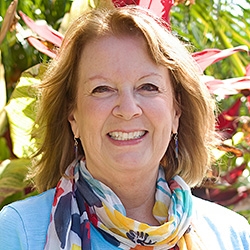
NVC Resources with Mary Mackenzie
-
How can we live up to our true potential, a life filled with relationships and experiences that truly meet our needs? In this article, Mary offers us a way to bring about inner transformation that can lead to seeing ourselves, others and life differently -- for greater agency, empowerment and choice.
-
When you or anyone is upset, what could underneath the trigger? There may be more than is immediately visible. This article invites us to explore what it looks like to inquire deeper, take self-responsibility, examine our assumptions, attachments, interpretations, and "certainties" that could be hidden behind the needs that are aching to be attended to...
-
This session is from the NVC Academy's 2017 Telethon. Listen in as Mary offers two experiential self-empathy exercises: I Love It When, and What Do I Want / Why Do I Want It. Deepen your ability to connect with self — novel and effective ways to engage the process of Self-Empathy!
-
Join Dian Killian and Mary Mackenzie for a provocative fishbowl discussion about how privilege and lack of privilege affect women.
-
Ever wondered how to balance everyone’s needs when leading a NVC group? In the first part of the video, Mary shares tips how to balance the facilitator's, the individuals members' and the group's needs. In the second part, Mary talks about transparency as a facilitator - what does it mean, what does it look like and how to be transparent in a way that is supportive for the group.
-
Join CNVC Certified Trainers, Raj Gill and Mary Mackenzie as they explore the Nonviolent Communication process of Empathy. This audio will support people with a basic understanding of Nonviolent Communication who want to deepen their ability for empathic presence.
-
Trainer Tip: If you are feeling anger, you are experiencing an unmet need. When you recognize it as a warning signal, it can be a life-serving tool.
-
Trainer Tip: Every single time you say or do something, even when you experience pain or regret, you are trying to meet a need. Forgiveness begins when we acknowledge the needs we were trying to meet in the situation.
-
Trainer Tip: Many of us are afraid of our anger because we haven’t learned how to express it in a way that brings relief or that helps us meet our needs in the situation. Consider a different approach to anger, one that helps you fully express your anger and is more likely to help you meet your needs for relief, to be heard, or to be understood.
-
Trainer Tip: In Compassionate Communication, we consider needs to be universal. That means that while we all have the same needs, such as for love, support, shelter, food, joy, caring, etc., we choose different ways to meet our needs.
-
Learn about the three stages of transition, and how staying connected to needs can help you remain oriented and grounded even through the most challenging transitions.
-
Trainer Tip: What does integrity mean to you? Each person has a different definition. For me, integrity means that I live in harmony with my values.
-
Trainer Tip: Have you heard the saying, “If it ain’t broke, don’t fix it”? Communication is like that too. Don’t try to adjust your communication and behaviors if they already work for you.
-
Trainer Tip: All people long for understanding. It is such an easy thing to give, yet rarely do we see its importance in creating peace of mind.
-
Trainer Tip: Have you ever noticed that some of your behaviors ensure that your needs for peace and relief won’t be met? Take judgments for instance. The more we have, the less peaceful and happy we feel.
-
Trainer Tip: In Nonviolent Communication, we consider love to be a need. Remember that needs are universal; everyone has the same ones. We all need love, but the ways in which we express it can be very different.
-
Trainer Tip: Mary expands on one of the basic principles of Nonviolent Communication: valuing everyone’s needs equally.
-
Trainer Tip: It is true that we cannot fully understand other people until we understand ourselves. Gain understanding and healing through self-empathy within the Compassionate Communication process.
-
NVC groups can sometimes get caught in a rut and lose energy and momentum. Mary shares her extensive experience with seven steps for keeping your group engaged and energized.
-
Mary explains the value of expressing ourselves honestly. Watch as Mary uses the 4-step Nonviolent Communication process to express needs clearly, honestly and compassionately. She follows with concrete examples to help you anchor your learning process to deepen your authenticity and honest expression skills.

